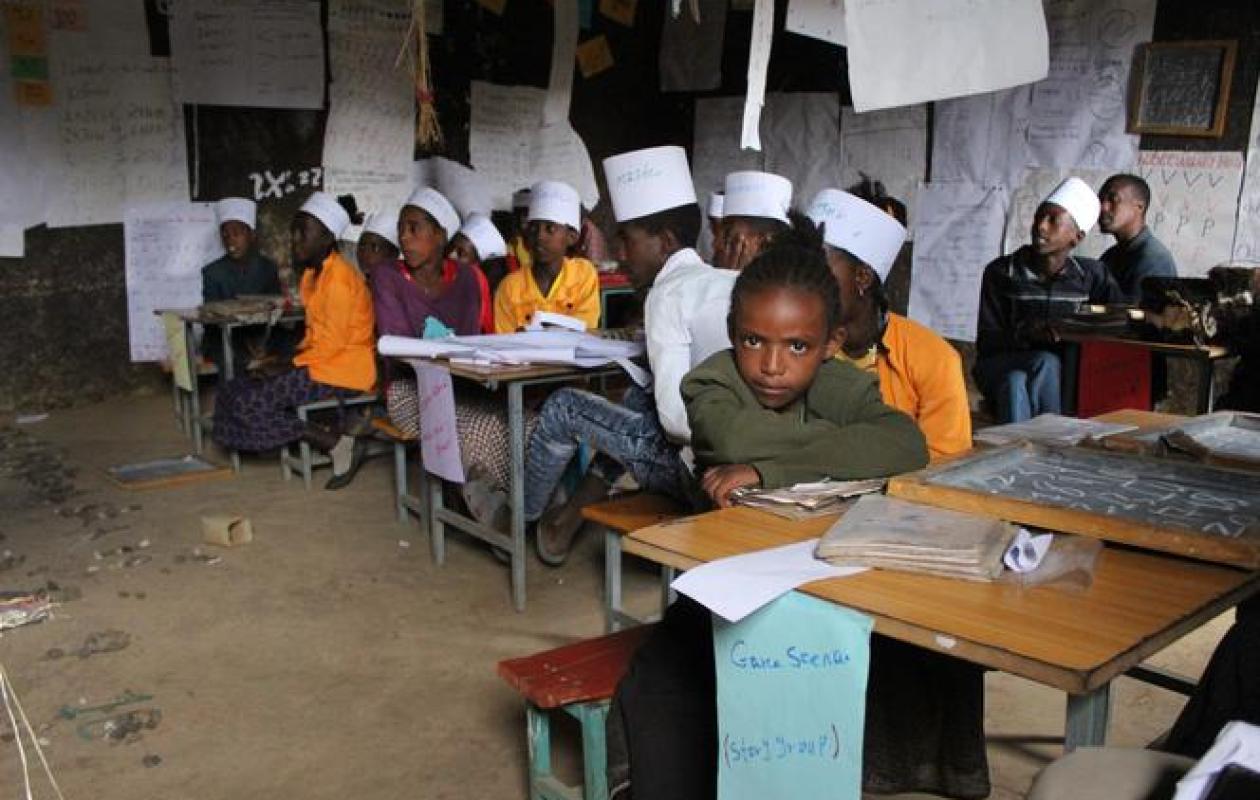
Afrique de l’Ouest et centrale : l’école en sursis face au recul de l’aide internationale
According to UNICEF, the 24% reduction in international aid to education risks depriving nearly six million children in Africa of schooling, a figure that illustrates the fragility of education systems heavily dependent on external funding (press release of September 3). This reduction threatens to upset the fragile balance between access to education and the maintenance of school infrastructure, particularly in rural areas and already disadvantaged regions.
The impact is felt at all levels. Schools are closing their classes, educational programs are being suspended, and educational staff are sometimes underpaid or insufficient in number. Local communities are seeing their fundamental right to education eroded, while inequalities between urban and rural children, girls and boys, and stable areas and regions affected by insecurity are widening.
This crisis underscores the imperative for endogenous solutions. States must mobilize more of their domestic resources for education, strengthen dedicated budgets, and foster local partnerships with communities and the private sector. Innovation—whether technological, pedagogical, or organizational—is becoming an essential lever for maintaining access to education despite the decline in international flows.
Finally, this situation requires strategic reflection on educational sovereignty. Relying exclusively on external funding not only undermines educational continuity, but also the ability of countries to build robust and resilient systems. Protecting the education of African children today requires a combination of political boldness, community engagement, and domestic resources to prevent education from becoming a luxury reserved for a privileged few.
Commentaires (1)
Vendait les jolies chapeaux qu'ils portent pour financer les écoles.
Participer à la Discussion